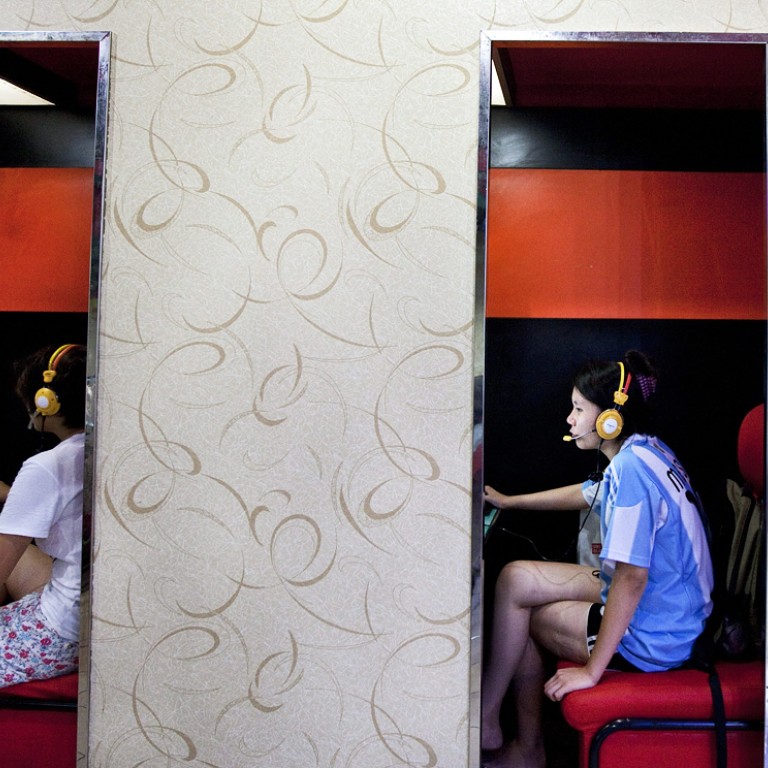
Internet giant Tencent inks global eBook deal to promote Chinese culture
Tencent Literature, a subsidiary of the Chinese mobile messaging and gaming giant, has signed a deal with an American publisher to bring its library of eBooks to the American market.
Boston-based Trajectory will handle distribution of Tencent Literatures more than 200,000 Chinese-language titles in North and South America, while also bringing Trajectory's English-language titles to Tencent's existing platform in China, which has more than 820 million active users, according to a statement released this week.
“This partnership is a unique and exciting cross-cultural opportunity. Never before have so many Chinese language titles become available outside of China," said Trajectory CEO Jim Bryant.
Tencent Literature's launch in 2013 came amid high controversy in the web publishing sphere. Many of the company's founding team came from Qidian, an eBook publishing start-up owned by Shanda Literature, one of China's largest online publishers. Luo Li, now vice president of Tencent Literature, resigned from Shanda along with the rest of Qidian's founders in May 2013.
Xi also praised controversial author Zhou Xiaoping, whose work is often highly nationalistic and critical of the West, as writing works that "carry positive energy". According to Foreign Policy, "positive energy" is often used in Communist Party statements to refer to speech which toes the party line.
